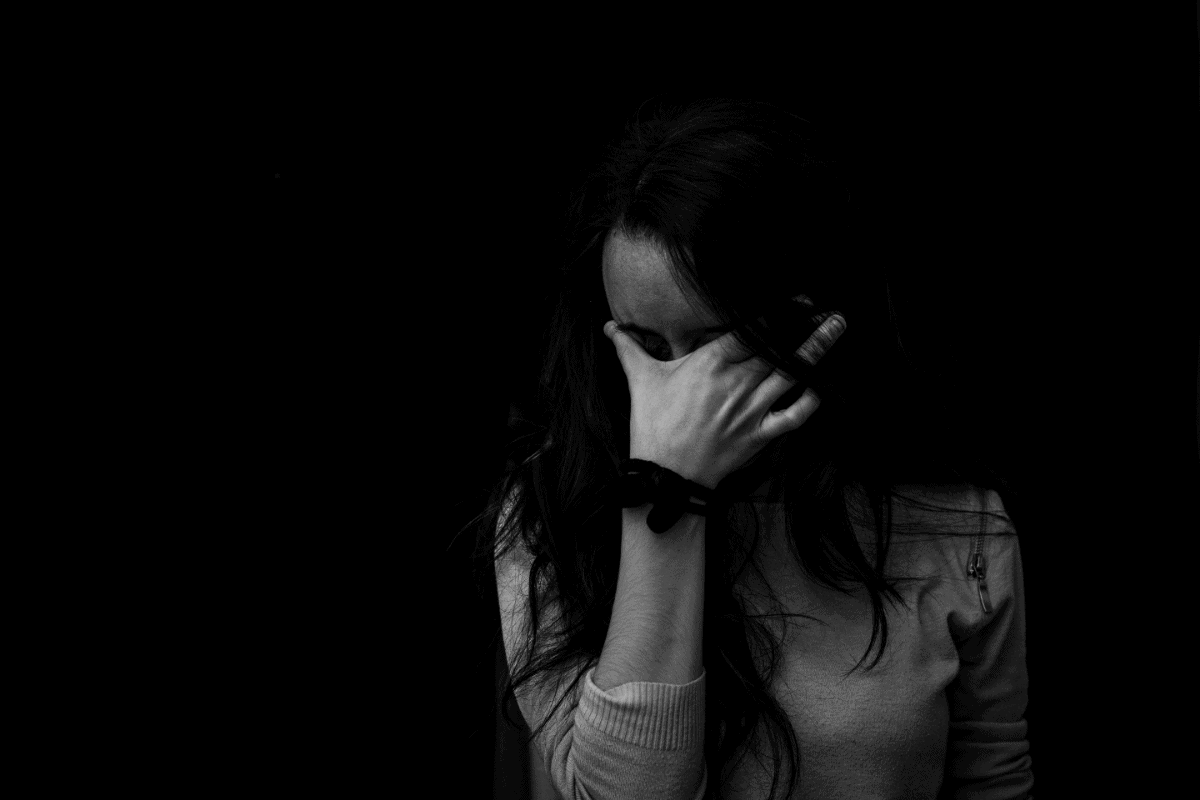By: Design for Change Recovery
Categories:
What Are the Risks of At-Home Alcohol Detox?
You are here:Alcohol use disorder is a complex issue that few people understand fully. Because of this, they believe a person can quit drinking if they have the willpower. But, overcoming alcohol use disorder is not that easy. In fact, the majority of individuals who succeed in overcoming alcohol addiction did so because they sought help from a professional treatment center. They were wise not to try at-home alcohol detox.
Why You Should Not Attempt At-Home Alcohol Detox

Take time to learn about the risks involved if you are thinking about trying alcohol detox at home. Suddenly stopping alcohol use can result in a range of withdrawal symptoms. If you’ve been drinking heavily for a long time, the symptoms can be severe.
If you’re detoxing at home alone, you may be putting your health and your life at risk if the symptoms become uncontrollable. Here are some things you should think about before attempting at-home alcohol detox.
How Bad Can the Withdrawal Symptoms Get?
Professional alcohol detox is recommended for several reasons. First, and most importantly, you’ll have trained medical personnel nearby to monitor the withdrawals and ensure your comfort and safety throughout the process. If needed, they can administer medication to help minimize your discomfort.
Withdrawal symptoms can range from mild to severe, depending on the severity and duration of your alcohol consumption. Here are some examples of what to expect:
Mild to Moderate Withdrawal Symptoms
- Irritability
- Anxiety
- Insomnia
- Cravings
- Tremors
- Shaking
- Hallucinations
- Nausea, vomiting
- High blood pressure
- Rapid heart rate
Typically, these symptoms force people to seek more alcohol to relieve their discomfort. This is the main reason at-home alcohol detox fails.
Severe Withdrawal Symptoms
- Confusion
- Fever
- Heart attack
- Stroke
- Seizures
- DTs
It is impossible for a person to manage the severe symptoms on their own, and they put themselves in danger by attempting to do so.
Why Alcohol Detox Is Not a Cure for AUD
An individual cannot overcome their alcohol dependency through detox alone. Regardless of that fact, many people believe that detox is the answer to their problem with alcohol. Detox only serves as the first step in a comprehensive plan for treating alcohol addiction due to other factors that are involved.
A majority of people with AUD are also suffering from a mental health condition. The mental health disorder may have led to the person’s alcohol use, or it could be a result of their alcohol consumption. In either case, effective treatment for AUD involves addressing the physical and mental factors simultaneously to achieve sustainable sobriety.
Why You Need Alcohol Detox and Rehab
Before the mental aspects of AUD can be treated, the physical addiction must be resolved through detox. Detox is a process that rids the body of its physical dependency on alcohol. After successfully completing detox, a person should enter a rehabilitation program where the mental and emotional factors will be addressed.
Rehab is a crucial component of recovery from alcoholism, which is why at-home alcohol detox doesn’t work. A person may be able to quit drinking on their own for a short time. But, unless the emotional or mental reasons for their drinking are treated, they will relapse repeatedly. By trying to beat alcoholism without professional help, you deprive yourself of the most vital aspect of treatment.
Psychiatric Disorders That Coexist With Alcohol Addiction
Alcohol addiction is a complex condition that stems from physical, emotional, mental, and environmental contributors. Most people don’t realize they have an underlying mental health disorder and will fail to seek proper treatment.
According to NIAAA, some of the common psychiatric disorders that accompany AUD are:
- Anxiety disorders
- Depression
- Bipolar disorder
- Schizophrenia
- Manic-depressive psychosis
- Personality disorders
- OCD
- PTSD
- ADHD
- ASPD
In addition to these disorders, many people have a family history of alcoholism that influences their alcohol use. Others may have been victims of physical, emotional, or sexual misuse or inappropriate use as a child. These children often start drinking early in life.
Proven Alcohol Addiction Treatment at Design for Change Recovery
Now that you know the risks of at-home alcohol detox, we encourage you to take action now to get the professional treatment you need. At Design for Change, we offer an evidence-based, multimodality alcohol treatment program. To ensure that you get the best treatment for your unique situation, we’ll customize a program that is right for you.
We provide a comforting environment and our compassionate, skilled staff will make sure all of your needs are met.
If you’re ready to be free from the burden of an alcohol use disorder, contact Design for Recovery today. One of our knowledgeable representatives will be happy to answer your questions and help you choose a treatment plan. We are here to help you reach your goal of lifelong sobriety.
Sources:
- niaaa.nih.gov – Alcoholism and Psychiatric Disorders


